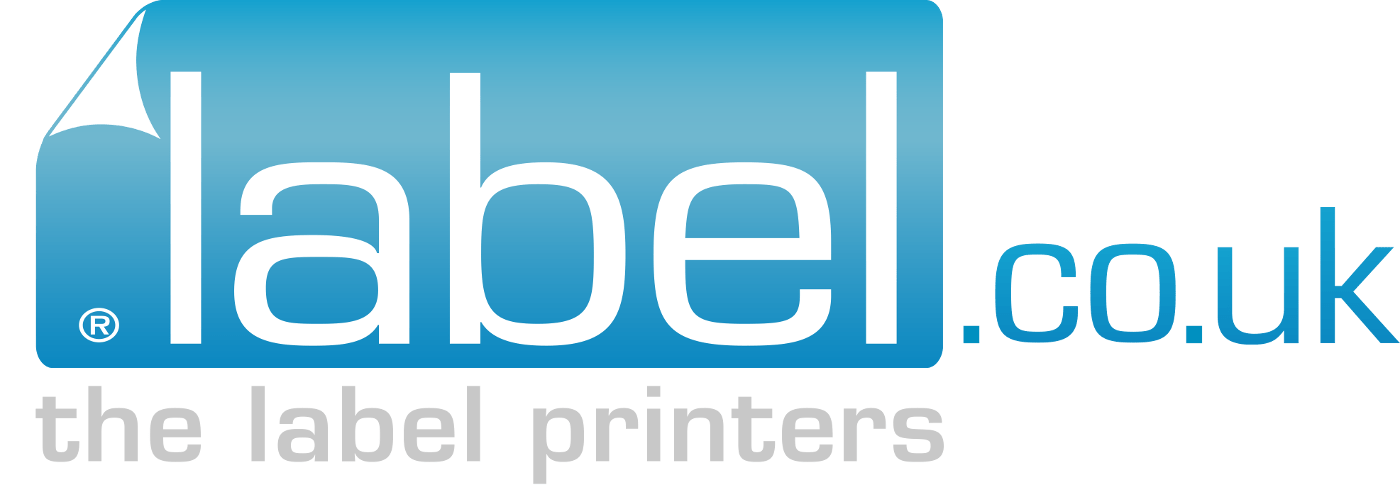There are currently whole rafts of UK (and EU) laws that concern how food that is to be sold in the UK must be packaged and labelled. As we custom-print/produce/manufacture bespoke product labels for food and drink (among other products), this is of course something that we follow closely.
This guide will help you understand food labelling requirements, and how you can be sure to stay compliant with them when using our printed labels, product labels on rolls, and other products.
UK Food Labelling and Packaging Laws in a Nutshell
What you need to know about printed labels for food products.
First and foremost, UK regulations require any food product labels to be:
- easy to see, read and understand
- difficult or impossible to remove
- Accurate and not misleading
There are detailed requirements for listing the food’s ingredients and other important information, as well as a list of warnings that must be displayed, if relevant.
What do food product labels have to show?
There aren’t all that many requirements, but some of them can get quite wordy, which can be a challenge to anyone new to custom product labels.
Each food product label must include the name of the food or food product, its ‘best by’ or ‘use by’ date, a list of ingredients (unless there is only one ingredient), contact information for the seller, packager or manufacturer, and a number or code identifying its production lot.
Other requirements can be a bit more complex. For example:
- The net quantity of the food
This is the weight in grams or kilograms, or the volume of litres or millilitres if the product is a liquid. This information is required for any packaged food over 5g or 5ml, and for packaged herbs and/or spices of any weight or volume.
Solid foods that come packed in an ice glaze or liquid (such as canned vegetables) must list the net weight when drained.
- Nutrition or health claims
Unless you are a small operation, you’ll need to list several pieces of nutritional information. The rules for claiming some kind of health benefit (claiming the product is, for example low fat, or keeps you healthy in some way) are a bit more stringent. You can never claim that your food product treats, cures or even prevents a medical condition or disease, and even selling food that is in some way ‘fortified’ or intended to be used as a supplement is closely regulated.
Some products will also have to list:
– The country of origin
– Any warnings required by law (such as those for alcohol, GM ingredients, etc.)
– Special cooking or storage instructions
– Organic certification, if appropriate
The ℮ Mark
Assuming you meet a few other requirements, you can use the ℮ mark to export your product without complying with the weights and measures laws of the EEA country you are exporting to. Of course, that doesn’t apply if exporting beyond the EU.
Special Cases
Where would rules be without exceptions? Certain food types and other circumstances require either more stringent or looser product labelling requirements. Wine and meat, for example, have their own categories of rules. Food used in catering has relatively few printed label requirements, by comparison.
If you need labels for any of these purposes, make sure to use a label printing company (like ours) who understands the UK’s product label printing rules very well, or do a bit of research on your own.
A note – Brexit and EU food labelling laws – how will custom product labels be affected?
At the moment, all applicable EU laws still apply to the UK. In the event of ‘Brexit’, things probably won’t change right away. Current plans call for adopting any EU laws which are not already incorporated into the UK’s laws formally, so that things go on precisely as they are until any changes are specifically, intentionally made. We’d hate to have to make a prediction about how long that will take.
How can I ensure that my printed product labels are compliant?
There are plenty of resources out there to help. This checklist, from the University of Reading’s Department of Food and Nutritional Sciences is a great place to start.
However, we aren’t allowed to take on the responsibility for your labels being compliant with relevant laws and regulations. It is very important that you research all legal and regulatory requirements before you send the images or files to us to produce. We can, though, guarantee that we will produce them exactly to your specifications.



